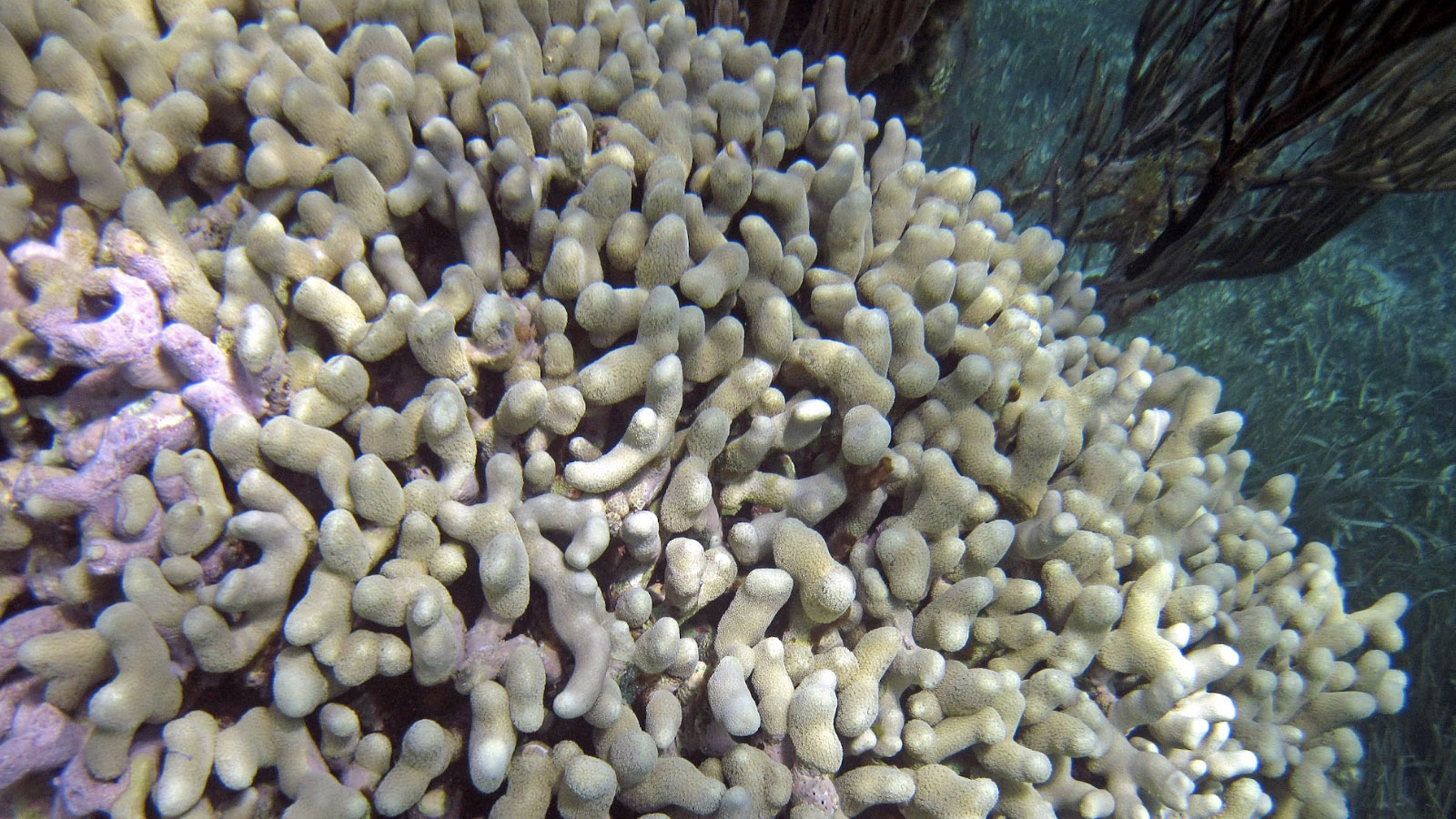
Dr. Sarah W. Davies leads the Davies Marine Population Genomics Lab at Boston University, where her team studies how marine organisms, particularly corals, respond to climate change. Their research focuses on the genetic and physiological mechanisms of resilience and adaptation in corals, examining how environmental stressors like warming oceans impact coral-algal symbioses, biodiversity, and ecosystem health.
A 2023 study co-authored by Davies, published in Science Advances, investigates the effects of climate change-driven marine heatwaves on coral genetics and symbiotic relationships. Over six years, researchers tracked the survival and symbiotic associations of the coral Porites during a prolonged heatwave. They discovered that genetically distinct, but visually similar, coral lineages had varied survival rates, with some surviving as little as 15% and others up to 61%. The heatwave also disrupted the close relationships between corals and their algal symbionts, causing symbiotic shifts in some colonies. The study highlights how heatwaves threaten cryptic coral diversity and weaken the coevolved relationships between corals and their symbiotic algae.
More recently, a second paper explored how genetically distinct but morphologically similar coral lineages (cryptic diversity) influence coral resilience to climate change.
Researchers identified three cryptic lineages of the Caribbean coral Siderastrea siderea in Bocas del Toro, Panamá, each with unique distributions, microbial symbioses, skeletal traits, and physiological responses. While a thermal variability experiment did not enhance thermal tolerance, one lineage consistently showed superior performance under heat stress—maintaining higher energy reserves, photochemical efficiency, and growth rates. Historical coral core data confirmed this lineage also had greater long-term growth.
The analysis of genomic data used in both studies was made possible through Boston University's Shared Computing Cluster.